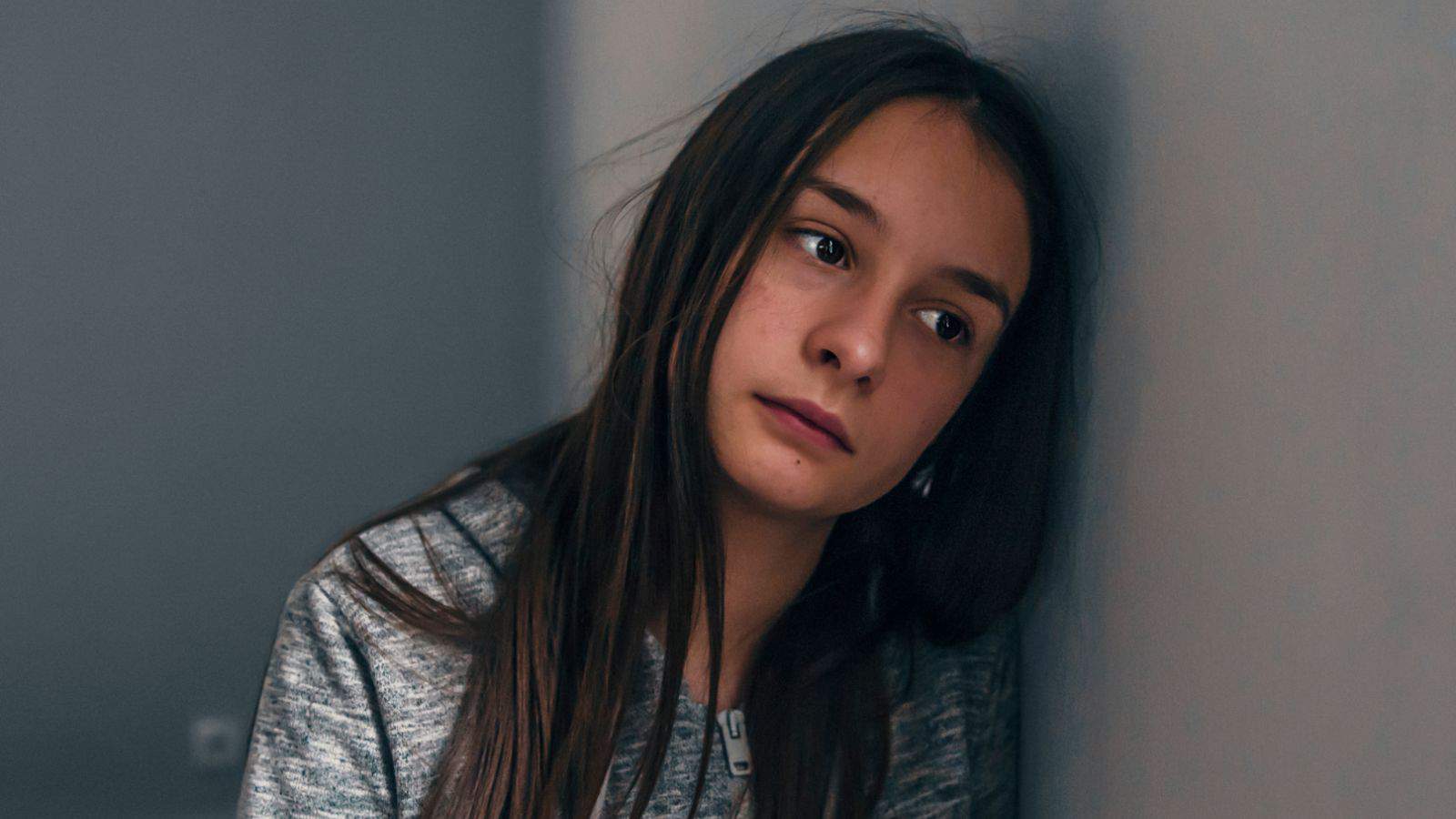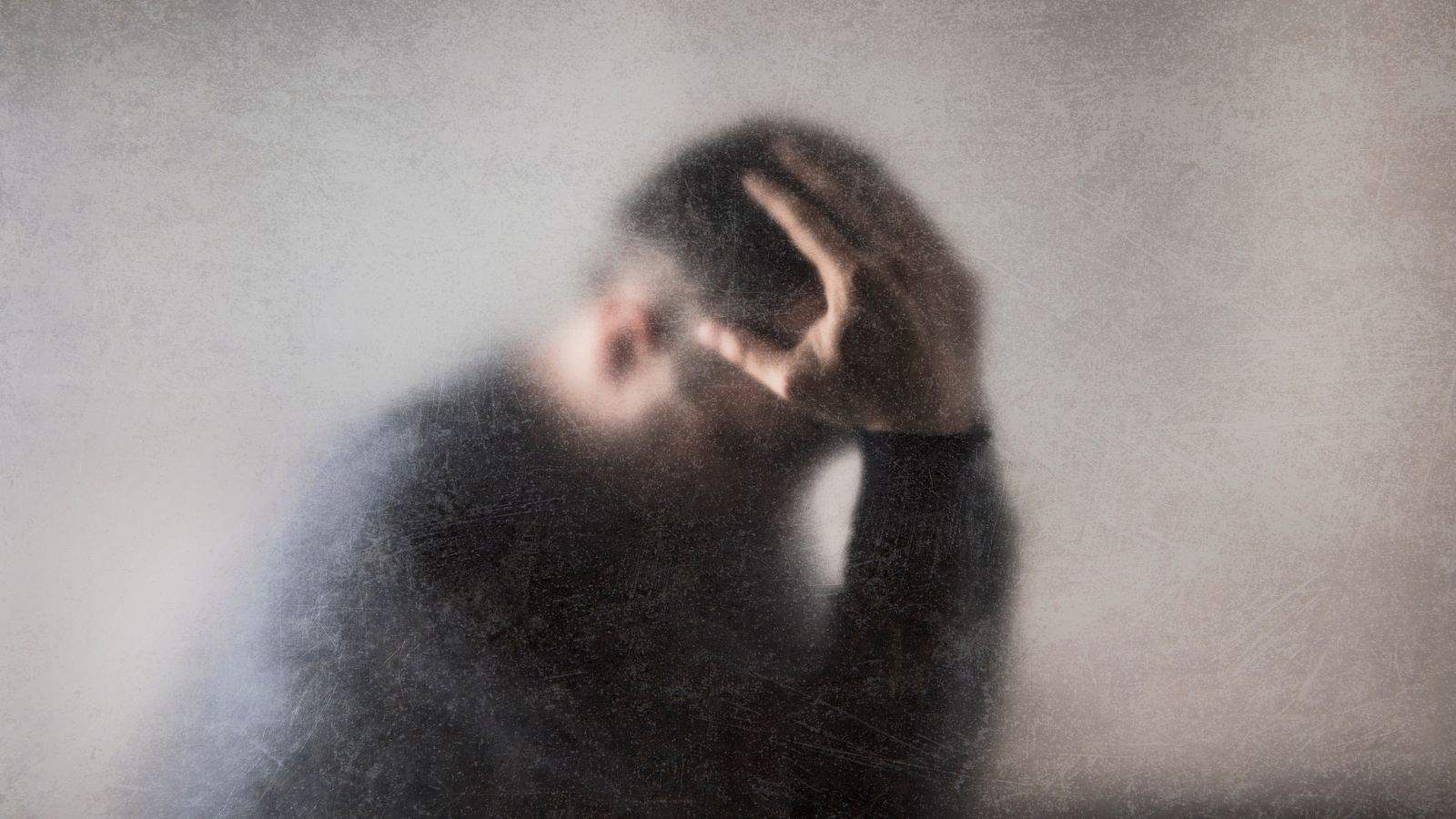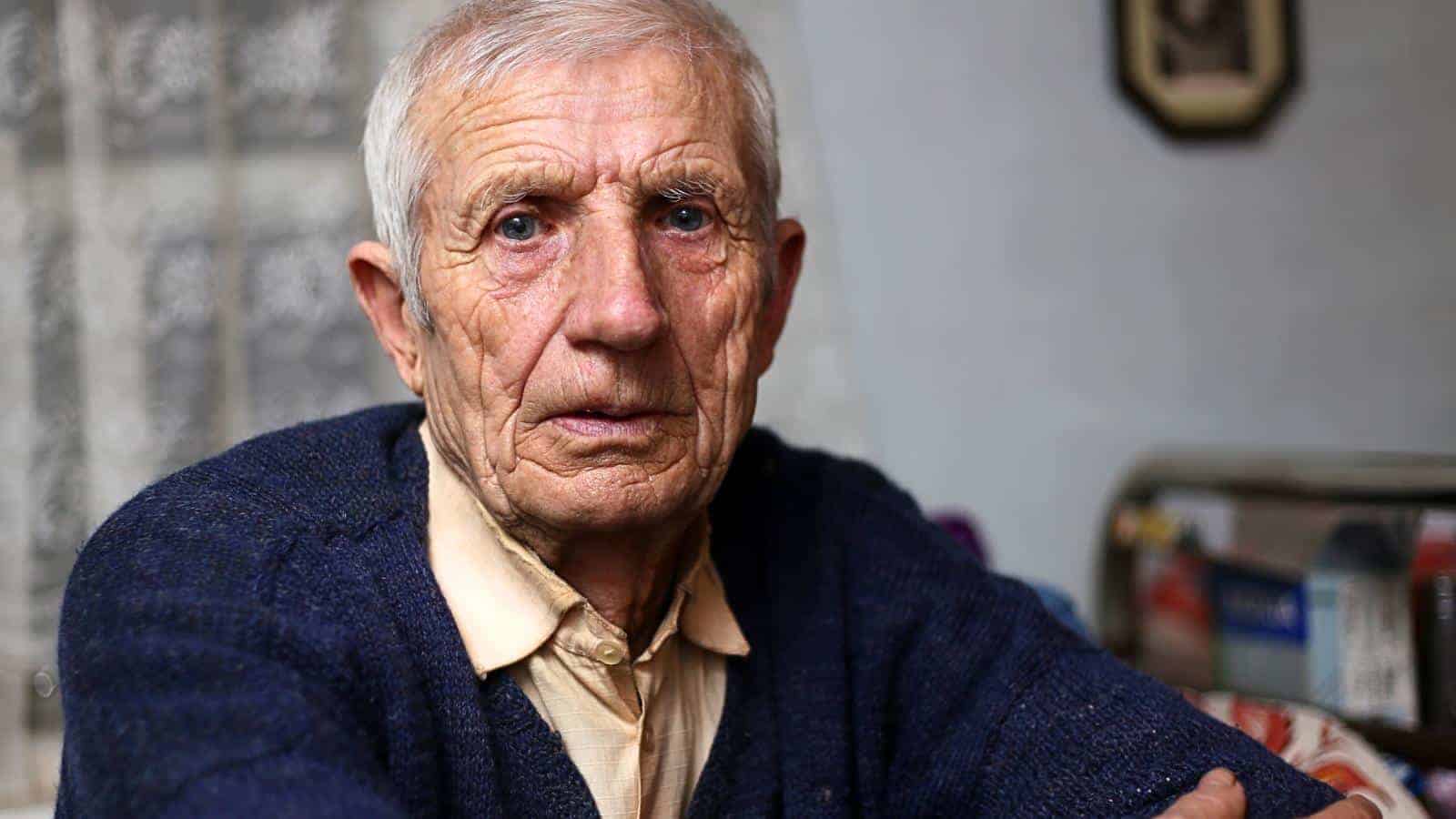Trauma from childhood can manifest itself in a number of different ways, so it can be pretty hard to detect. If you’re concerned about someone, it’s worth keeping an eye out for these 17 common ways that people exhibit trauma from their childhoods.
Physical Symptoms

Trauma is often categorized as being strictly psychological, but it can often come from physical means, too. Many people who’ve experienced trauma in their childhood will suffer from headaches and other pains, and they may also have poor eating habits, as linked by the Eggleston Youth Centre.
Fearing a Lack of Safety

A preoccupation with safety and a constant state of alertness is commonplace for those who have experienced trauma as a child. Irrational fears of particular places, events, or even physiological things such as nausea may develop, and many people experience a greater fear of their own death or the death of loved ones.
Altered Self-Perception

Children affected by severe trauma might experience confusion about their identity and self-worth. They may feel guilt or shame as a result of blaming themselves for their traumatic events, and this could lead to an unstable image of self. Only therapy and support can help them through this tough experience.
Increased Sensitivity to Stress

Traumatic events are highly stress-inducing, and this can leave a lasting impact on those who experience them. A traumatic event as a child may lead people to struggle to cope with any kind of stress later in life, regardless of whether it has anything to do with their trauma or not.
Not Treating Ailments

SOS Children’s Village tells us that there can be a wide range of long-term effects on childhood trauma victims without the right treatment. They may have never received the help they needed as a child, and this is sadly a habit they have continued on into adulthood.
Intrusive Memories or Flashbacks

Many children who’ve experienced trauma will experience flashbacks of the event, and this could continue well into later life. There have been many reports of people experiencing flashbacks of their trauma decades after it took place, and these flashbacks can be triggered by the tiniest of things.
Emotional Numbness

A coping mechanism that a lot of children put in place to deal with their childhood trauma is just to block out the emotions altogether. This can cause them to be emotionally ‘numb’ later in life, meaning they can be detached and apathetic towards life in general.
Relationship Difficulties

PsychCentral notes that childhood trauma may have a severe effect on people’s attachment styles with their adult relationships. They may have never experienced unconditional love, causing them to struggle to trust others, alienate themselves, or sabotage any relationships they find themselves in.
Substance Use and Risky Behaviors

Following on from the last point, older children and adults with trauma histories may turn to substances like drugs or alcohol as a way to self-medicate their emotional pain. This kind of coping mechanism is common in trauma victims, and so too is the engagement in dangerous behavior like reckless driving.
Spontaneous Crying

Anyone who has dealt with trauma will have experienced a lot of pain and sadness, and unfortunately, these emotions are often never truly processed. When this is the case, it’s common for the person to have spontaneous moments of crying, subconsciously processing their sad experiences.
Hypersomnia or Insomnia

Sleep disturbances are common among children who have experienced trauma, both during their childhood and into later life, if not correctly treated. This could be in the form of struggling to sleep in the first place (insomnia) or getting too much sleep as a way to escape from stress and emotional discomfort (hypersomnia).
Easily Triggered

Triggers for childhood trauma vary widely and can even be something as simple as the birthday of somebody deceased, as detailed by the Child Mind Institute. These triggers then evoke strong psychological reactions in the trauma victims, including flashbacks and panic attacks.
Excessive Guilt

One of the most common reactions to particular types of trauma is for the victims to exhibit signs of immense guilt as they blame themselves for what can happen. This is particularly true in the case of abuse, causing many unfortunate effects, such as low self-esteem and a pessimistic worldview.
Fear of Abandonment

While some people adapt to their trauma with a lack of attachment, others show more intense signs of attachment (anxious attachment). This is often a result of fear of abandonment by their caregivers, friends, or romantic relationships. This lack of independence is very common in victims of trauma, sadly.
Struggling at School

People who have experienced trauma as a child may struggle with attention and concentration, making it difficult for them to focus at school, according to the National Library of Medicine. They may not be able to remember new information as well as others and will generally struggle when pursuing education.
Aggression and Irritability

Many people become more aggressive when they’ve experienced trauma as a child. They may have a low tolerance for frustration and lash out in response to minor provocations. It can cause severe challenges for people’s social lives, too, as they may be unable to sustain friendships as a result of this.
Regression in Development

Finally, trauma is notorious for causing children to regress to earlier developmental stages. There have been cases of adults displaying child-like behaviors such as sucking their thumbs, fearing darkness, or wetting the bed. This is perceived to be an attempt to return to a safer time and can only be fixed through consistent therapy.
Up Next: 19 Things Men Want To Avoid As They Get Older

19 THINGS MEN WANT TO AVOID AS THEY GET OLDER
18 U.S. Cities Americans Say Are the Best to Live In

18 U.S. CITIES AMERICANS SAY ARE THE BEST TO LIVE IN
17 Most Common Reasons Men Break Up With Women

